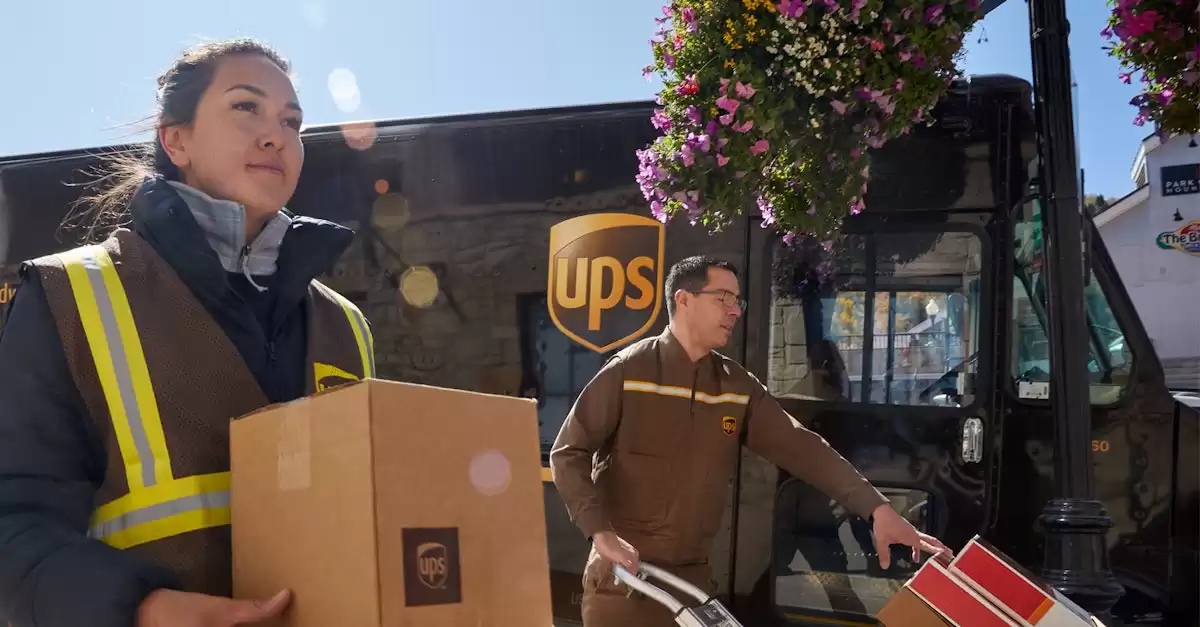Current capacity well-equipped to handle potential impact of UPS strike
Potential Teamster strike at UPS may disrupt parcel carriers but not other freight segments.
A potential strike by the Teamsters at UPS on August 1st is expected to have a significant impact on parcel carriers across the country, but it is unlikely to affect other freight segments to the same degree.
In January 2021, UPS sold its UPS Freight business to TFI International for $800 million, which is $400 million less than what UPS paid for Overnite Transportation in 2005. This means that there is very little over-the-road freight available if the union decides to go on strike in less than four weeks.
According to Jason Miller, a supply chain professor and transportation economist, a strike by UPS would be highly disruptive for the parcel delivery space, as UPS, FedEx, and USPS are the dominant players in this industry. However, Miller does not anticipate a severe impact on the trucking industry, as there is still ample capacity in the less-than-truckload (LTL) and truckload (TL) sectors. He also believes that there will not be a significant shift of UPS volumes to these modes of transportation.
Miller points out that the top four firms in the courier and express delivery sector account for 91% of industry output, so losing UPS would be extremely disruptive for parcel delivery. The biggest beneficiary in this situation would be FedEx.
Avery Vise, the vice president of trucking at FTR Transportation Intelligence, agrees that a UPS strike would not have a major influence on the broader truck freight market unless it lasts long enough to affect consumer buying behavior. In that case, consumers may spend less due to uncertainty about when they will receive their purchases.
Vise suggests that major parcel shippers have likely already made contingency plans to use other providers such as FedEx, Amazon, and USPS. However, he notes that LTL carriers could also participate in handling shipments, but this would mainly apply to shipments that are not delivered directly to consumers.
While a disruption in the distribution of goods could potentially increase dry van spot rates, Vise believes that the impact would largely depend on the duration of the strike. If the strike lasts for more than a week, there is a possibility of reduced purchasing by consumers, which could slightly decrease TL and LTL volumes. However, this reduction may be offset by increased purchasing at brick-and-mortar locations.
Overall, while a UPS strike would have a significant effect on the parcel delivery industry, its impact on the trucking industry as a whole is expected to be limited.











Comments on Current capacity well-equipped to handle potential impact of UPS strike